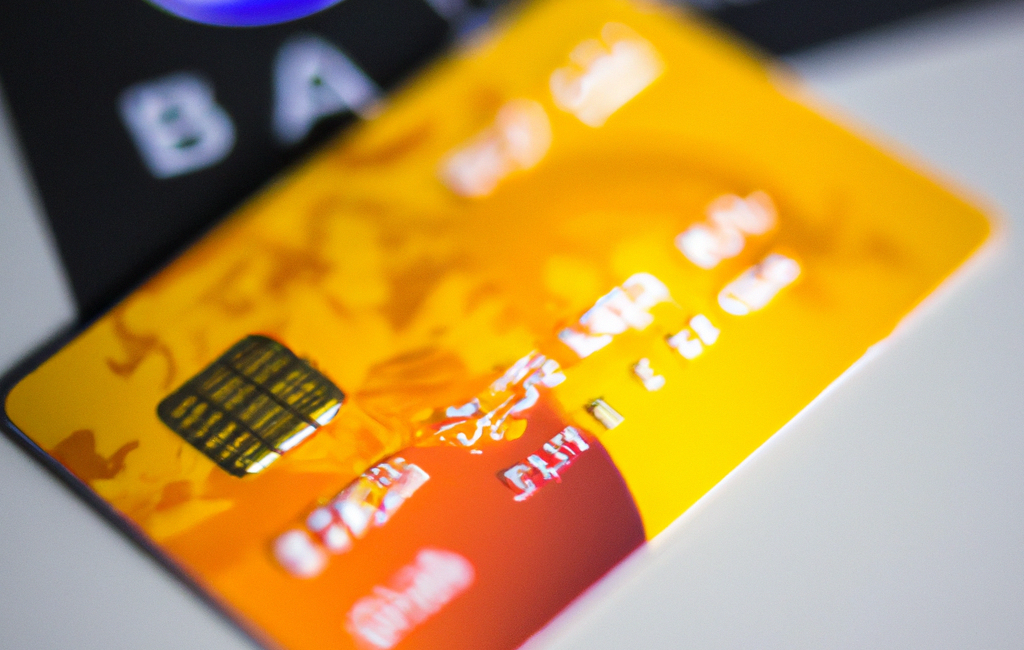The speed of cryptocurrency transactions can vary depending on several factors, including the type of cryptocurrency being used, the amount of network activity, and the fee paid for the transaction.
For example, transactions made using Bitcoin can take anywhere from a few minutes to several hours or more to be confirmed, while transactions made using faster cryptocurrencies such as Litecoin or Bitcoin Cash can be confirmed in just a few minutes.
The transaction fee also plays a role in determining how quickly a transaction will be confirmed. Transactions with higher fees are typically confirmed more quickly than those with lower fees, as they are prioritized by the network.
It’s worth noting that the speed of crypto transactions is not guaranteed, and can be affected by network congestion or other factors.
How Fast is Bitcoin?
The speed of Bitcoin transactions can vary depending on several factors such as network activity, the fee paid for the transaction, and the number of confirmations required.
Typically, a Bitcoin transaction can take anywhere from a few minutes to several hours to be confirmed. However, during times of high network activity, it can take longer for a transaction to be confirmed. This is because there are a limited number of block slots available for new transactions, and when the demand for these slots exceeds the supply, transactions can be delayed.
To ensure faster confirmation, users can increase the fee they pay for the transaction. Transactions with higher fees are typically confirmed more quickly than those with lower fees, as they are prioritized by the network.
It’s worth noting that while Bitcoin is considered a faster cryptocurrency compared to other cryptocurrencies like Bitcoin Cash and Litecoin, it’s still relatively slower than centralized systems like credit cards, which are able to process transactions almost instantly.
Is Bitcoin Faster than a Credit Card?
Bitcoin is generally considered to be slower than a credit card when it comes to processing transactions. Bitcoin transactions take around 10 minutes at the network’s current hashrate compared with Visa which takes seconds.
A Bitcoin transaction can take anywhere from a few minutes to several hours to be confirmed. This is because the Bitcoin network is decentralized, which means that the transactions must be verified by a network of computers before they can be added to the blockchain and considered confirmed. This process can take time, especially during times of high network activity.
On the other hand, credit card transactions are processed by centralized systems, and are able to process transactions almost instantly. Transactions made with credit cards typically only take a few seconds to be processed and confirmed.
It’s worth noting that while Bitcoin transactions may be slower than credit card transactions, they offer a greater degree of security and anonymity, as well as the ability to be sent and received anywhere in the world without the need for a third party intermediary.
Will Bitcoin Become Faster than Credit Cards?
There are several proposals that have improved the scalability of Bitcoin and made it faster. Some examples include:
- The Lightning Network: is a second layer on top of the Bitcoin blockchain that enables fast, low-cost transactions between participating nodes.
- Schnorr signatures: A proposed upgrade to the Bitcoin protocol that would allow for more efficient and secure transactions by combining multiple digital signatures into a single one.
- Taproot and Graftroot: They are also upgrade to the bitcoin protocol to make it more efficient, by allowing more complex transaction scripts to be executed without requiring multiple signatures.
It’s important to note that the adoption of future proposals and developments are not guaranteed and will depend on the agreement of the community and the miners that support the network.
Overall, it’s not possible to know for sure if Bitcoin will become faster in the future, but the community is working to improve the scalability and performance of the Bitcoin network, so it’s possible that improvements in speed could be made in the future.
